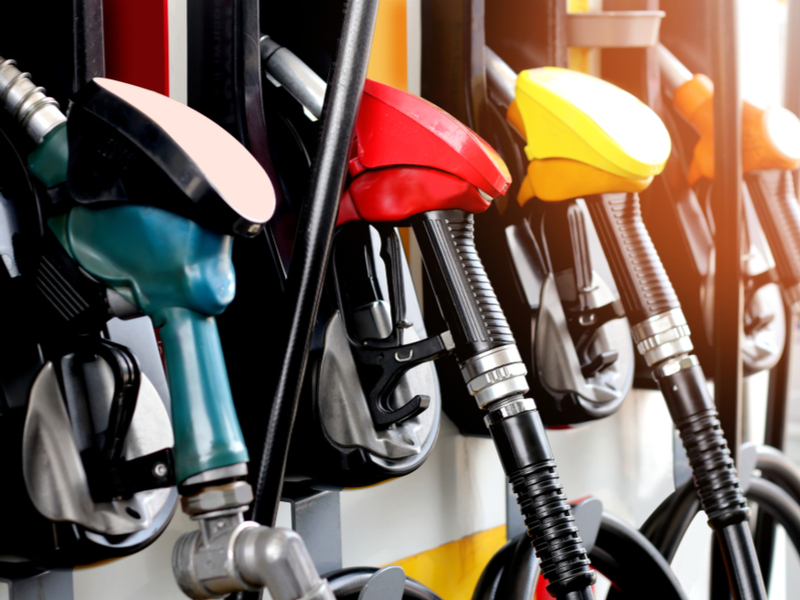A big factor affecting fuel consumption is your driving habits.
- Drive smoothly to conserve momentum – By anticipating the road and other drivers ahead, you can avoid unnecessary acceleration and deceleration, therefore conserving momentum and reducing fuel consumption. Greater anticipation is the key to both efficient and safer driving.2. Change gear early – When accelerating it is most efficient to change up through the gears as soon as your vehicle will comfortably take the next gear. The actual RPMs will depend on the vehicle, the load, the gradient of the road and more, but for a car this typically means changing up by around 2000rpm.
3. Lift off and drive for free – When slowing down, remain in gear but lift off the accelerator as early as possible. You’ll then be engine braking, with the momentum of the vehicle turning the engine. In a petrol or diesel vehicle this activates the fuel-cut off switch, which reduces fuel flow to virtually zero.
4. Avoid excessive speeding – High speeds increase fuel consumption, primarily because of higher wind resistance. Travelling at 75mph in a petrol or diesel car will use around 18% more fuel than 60mph, and for a van the fuel consumption penalty is around 37%.
